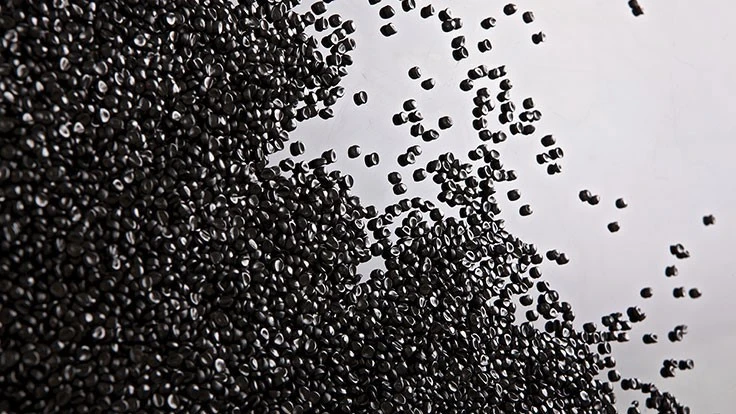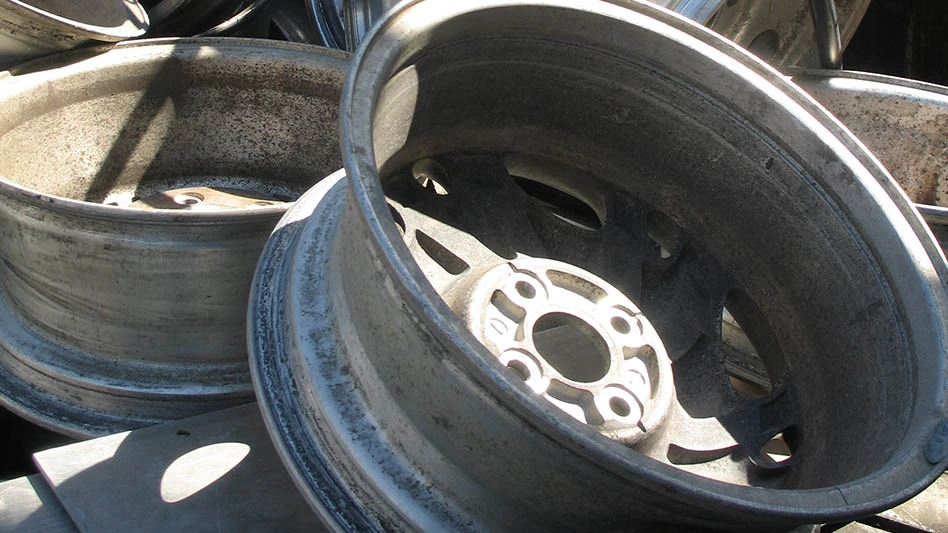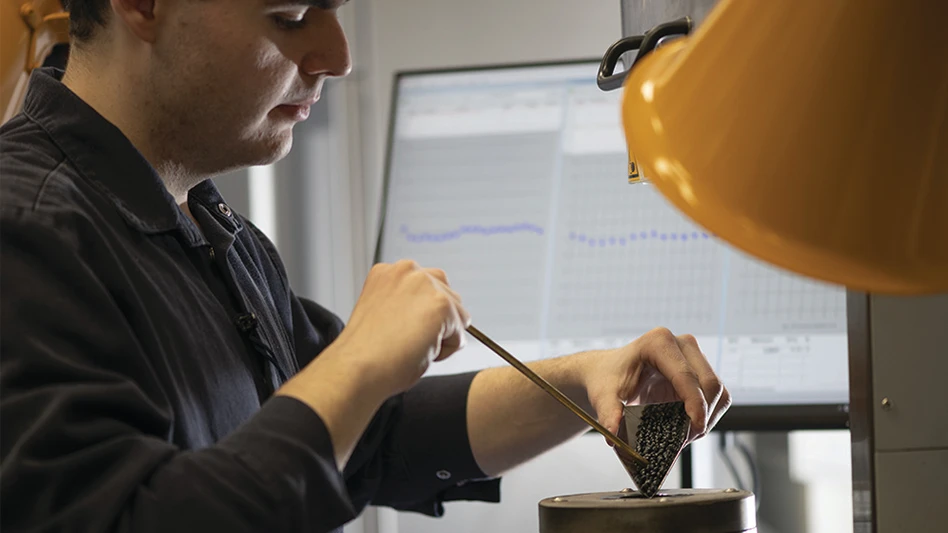
California appeared poised to enact legislation that would set minimum recycled-content requirements in plastic beverage containers made of polyethylene terephthalate (PET) and high-density polyethylene (HDPE) that were sold in the state. However, Gov. Gavin Newsom returned Assembly Bill 792 to the state’s legislature in mid-October without his signature.
AB 792 would have required “specified amounts of postconsumer recycled plastic content per year pursuant to a tiered plan that would require the total number of plastic beverage containers to contain, on average, no less than 50 percent postconsumer recycled plastic content per year on and after Jan. 1, 2030.”
The legislation also would have imposed civil penalties, in specified amounts, on beverage manufacturers for violating the bill’s requirements and would have authorized California’s Department of Resources Recycling and Recovery (CalRecycle) to enforce these provisions. CalRecycle would have been authorized to audit and investigate beverage manufacturers for the purpose of ensuring compliance.
“While I support strong minimum recycled-content standards, late amendments to this bill would result in a costly, burdensome process that undermines the worthy intent of this legislation.” – California Gov. Gavin Newsom on his veto of AB 792
According to data from CalRecycle, roughly 12.48 billion PET and 196 million HDPE beverage containers were sold in California in 2018.
The Association of Plastic Recyclers (APR), Washington, reached out to Newsom by letter Oct. 11 to urge him to sign AB 792. APR President Steve Alexander writes: “We believe AB 792 has set realistic goals and that it will improve and strengthen recycled PET markets in California.”
However, in an Oct. 12 letter to the legislature vetoing the legislation, Newsom writes: “While I support strong minimum recycled-content standards, late amendments to this bill would result in a costly, burdensome process that undermines the worthy intent of this legislation.”

He adds, “The waiver petitions allowed under this bill would put the burden on the state to prove to manufacturers that their products can meet recycling goals rather than making clear that manufacturers have the responsibility to create products that can meet these goals.”
In related news, Newsom signed a measure to provide funding to bolster the shrinking presence of recycling centers in the state. AB 54, written by San Francisco Assemblyman Phil Ting, allocates $5 million to implement a mobile recycling pilot program to be administered by CalRecycle.
The bill was in response to Ontario, California-based rePlanet LLC’s closure. That company operated a network of beverage container redemption centers. It ceased operations and closed its 284 recycling centers and processing facilities Aug. 5, terminating its entire workforce.
“AB 54 is an important stopgap measure to address the recent closures of recycling centers throughout the state,” Newsom writes in a letter to the state assembly announcing his signing of the bill. “The California Beverage Container Recycling Program has long faced structural challenges and is in need of reform. I look forward to working with the legislature in the coming year on a comprehensive solution for this program as part of the ongoing discussion about the future of how we manufacture, reduce, reuse, recycle and compost materials in California.”

Explore the November 2019 Issue
Check out more from this issue and find your next story to read.
Latest from Recycling Today
- New recycling grant program launches in Massachusetts
- Tire Recycling Foundation names executive director
- Dock 7 named 2025 Exporter of the Year at New Jersey International Trade Awards
- Waste Connections reports ‘better than expected’ Q1 results
- Commentary: How EPR is transforming the packaging industry
- Acerinox names new North American Stainless CEO
- Greenwave closes 2024 books with red ink
- Steel Dynamics nets $217M on record shipments





